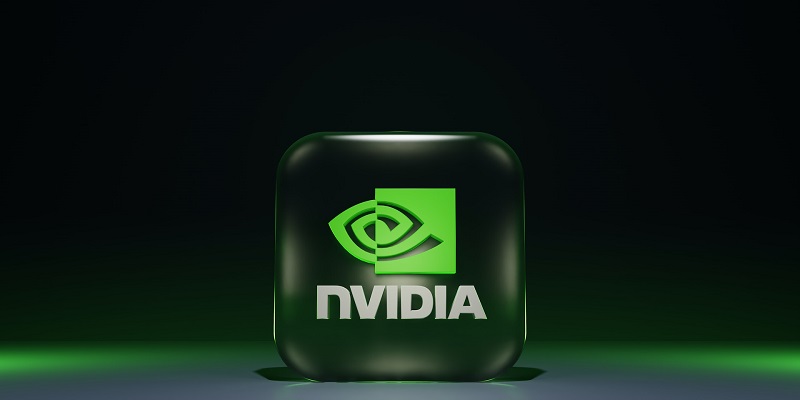Technology giant NVIDIA has made a significant impact in the chip industry, surpassing industry heavyweight Qualcomm to become the leading IC design company. With an impressive surge in revenue and dominance in the growing genAI market, NVIDIA’s success is reshaping the industry landscape.
NVIDIA’s Revenue Growth
NVIDIA has defied industry expectations by surpassing revenue forecasts, driven primarily by the wave of genAI technology. The company’s innovative advancements have propelled its revenues to unprecedented heights, establishing NVIDIA as a force to be reckoned with in the chip industry.
Overall IC Industry Revenue
The entire IC industry has experienced a notable increase in revenue, according to a report by TrendForce. Quarter after quarter, the industry has enjoyed a steady 12.5% growth, indicating a strong and promising market outlook.
Qualcomm’s Dwindling Sales
In contrast to NVIDIA’s success, Qualcomm has faced declining sales due to sluggish smartphone sales. The industry’s “upgrade cycle” halfway through the year has impacted Qualcomm, hindering its sales and growth.
NVIDIA’s strong AI sales
NVIDIA’s sales, especially in the AI sector, have reached their peak. The demand for AI-related products and services has soared, driving NVIDIA’s success. The company aims to ship an impressive 1.5 million to 2 million units of its highly coveted H100 AI GPUs, highlighting its continued dominance in the market.
Ripple Effects of NVIDIA’s Success
The positive effects of NVIDIA’s success extend beyond the company itself. Various businesses associated with NVIDIA have also reaped the benefits of the “AI boom.” The ripple effect of NVIDIA’s achievements has led to a prosperous ecosystem, fostering growth and innovation throughout the industry.
TSMC and Samsung’s Performance
TSMC and Samsung, two prominent players in the semiconductor manufacturing industry, have witnessed impressive quarterly performances. This success can be attributed to the vast volume of orders received from NVIDIA. The collaborative efforts between NVIDIA, TSMC, and Samsung have ensured a continuous supply chain and enhanced production capabilities.
AMD’s Lagging Position
While NVIDIA and its partners thrive, rival AMD finds itself in a disadvantageous position. The company has struggled to capitalize on the “AI bandwagon,” failing to make significant inroads into the rapidly expanding AI market. Without a strong foothold in the burgeoning AI sector, AMD faces the challenge of catching up to its competitors.
As we approach the end of the year, it is clear that NVIDIA has firmly established itself as the leader in the chip industry. With its groundbreaking genAI technologies and exceptional sales figures, the future looks bright for NVIDIA. The company’s success has not only propelled its own growth but has also had a positive impact on its associated businesses. As we head into the next fiscal year, FY23, it is evident that NVIDIA’s dominance in the chip industry is set to continue, cementing its position as the industry leader.

